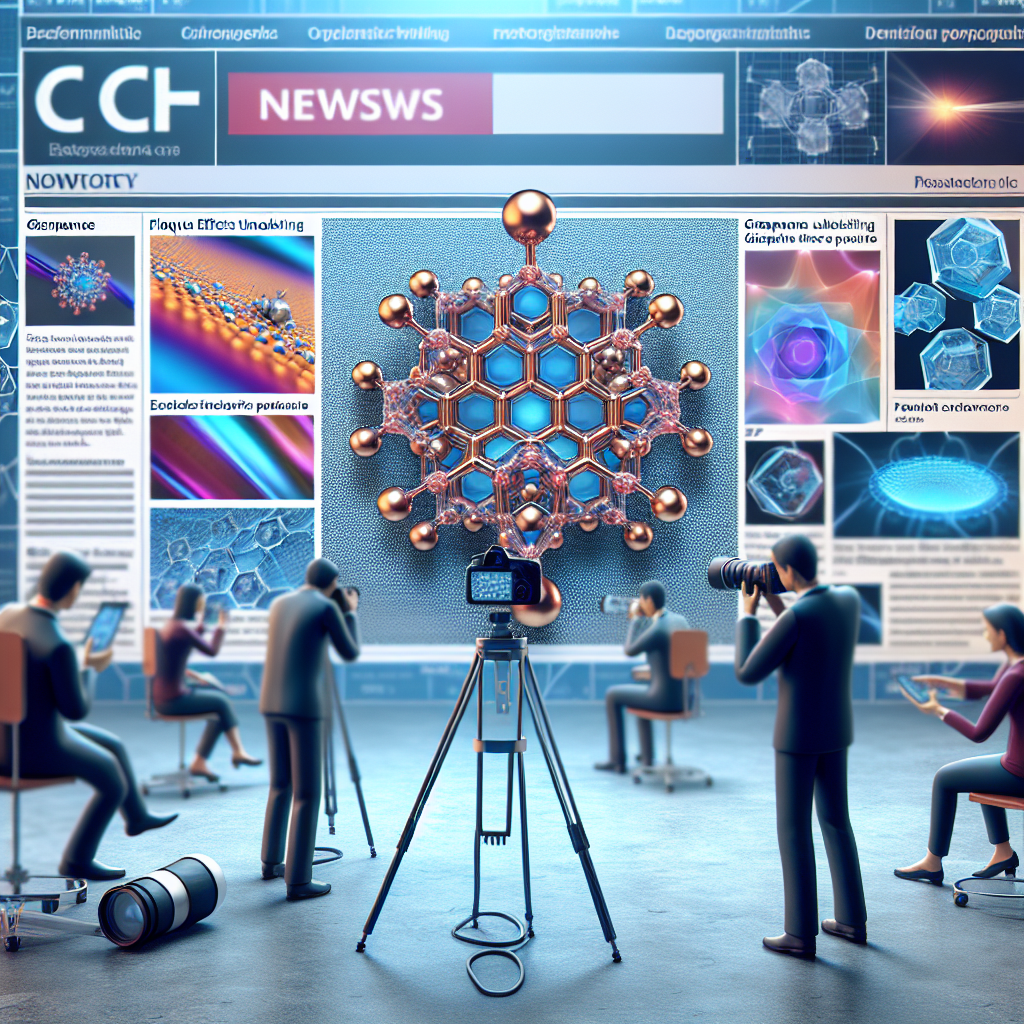Floquet Effects Unlock Graphene's Potential for Future Electronics
Science correspondent covering research breakthroughs, environmental issues, and scientific discoveries

In a groundbreaking study, researchers have directly observed Floquet effects in graphene, a material renowned for its exceptional conductivity and stability. This discovery, led by a team from the University of Göttingen alongside colleagues from Germany and Switzerland, opens new possibilities for the engineering of quantum materials using light. The findings suggest that Floquet engineering—a technique to alter material properties using light pulses—can be applied to metallic and semi-metallic quantum materials, potentially revolutionizing future electronics and sensor technologies.
Graphene, a single layer of carbon atoms arranged in a hexagonal lattice, has captured the imagination of scientists and engineers due to its remarkable properties. It is both incredibly strong and highly conductive, making it suitable for a wide range of applications including flexible electronics, sensors, and energy storage devices. The recent study published in Nature Physics marks a pivotal moment in graphene research, as it confirms the occurrence of Floquet effects within this material. This not only resolves a long-standing debate within the scientific community but also paves the way for the development of new technologies.
The researchers employed femtosecond momentum microscopy to observe Floquet states in graphene. This sophisticated technique involves exciting the material with rapid light flashes and then probing it with a delayed pulse to capture dynamic processes. Dr. Marco Merboldt, the study's lead author, emphasized the significance of their findings, noting that the clear evidence of Floquet effects in graphene suggests that similar engineering could be applied to other quantum materials. This could accelerate the development of tailored materials for specific technological applications.
Floquet engineering allows for the precise control of electronic and topological states in materials, using ultrafast laser pulses. This capability is particularly exciting for the field of quantum computing and advanced sensor technologies. By manipulating electronic states with light, scientists can explore stable topological properties that hold immense potential for developing reliable quantum computers and innovative sensors.
Professor Marcel Reutzel, who co-led the research, highlighted that the ability to control electronic states so precisely opens up new avenues for technological innovation. This method of material manipulation could lead to breakthroughs in various industries, including computing and energy. The potential to rapidly tailor materials for specific purposes could drastically shorten development times for new technologies, providing a significant competitive edge.
The implications of this research are vast. As scientists continue to explore the possibilities of Floquet engineering, the electronics industry could see a shift towards materials that are custom-designed for efficiency and performance. The capability to fine-tune materials at such a fundamental level promises a future where electronics are not only faster and more powerful but also more adaptable to specific needs.
About Dr. James Wilson
Science correspondent covering research breakthroughs, environmental issues, and scientific discoveries